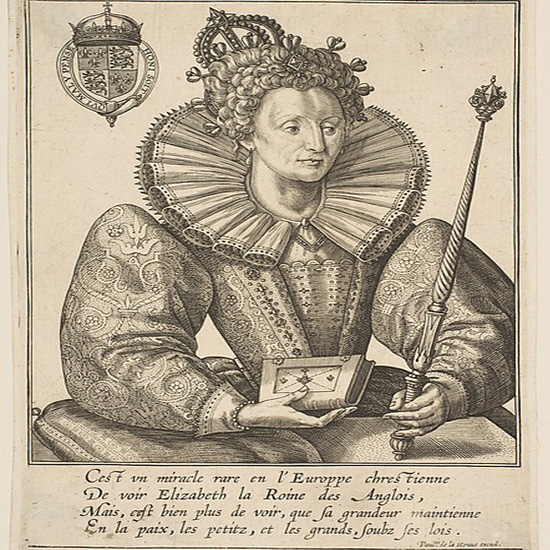Passage of the Elizabethan Poor Laws
In 1601, Great Britain established the Elizabethan Poor Law, its first national policy addressing the needs of poor people. In response to the previously discussed trends, this policy established a minimal safety net for poor people within Great Britain.
Prior to the enactment of this act, many local parishes had undertaken efforts to address the needs of the poor. However, one of the truly unique aspects of the Elizabethan Poor Laws is that the policy was enacted at the national, or what we in the United States call federal, level.
The Elizabethan Poor Law required every parish and county to appoint an overseer to collect taxes and distribute relief. This provision ensured that relief was implemented at the local level rather than the national level. While subsequent laws were passed during the following 200 years, (which is why the poor laws are typically referred to in the plural), the central provisions of the 1601 law changed little.
